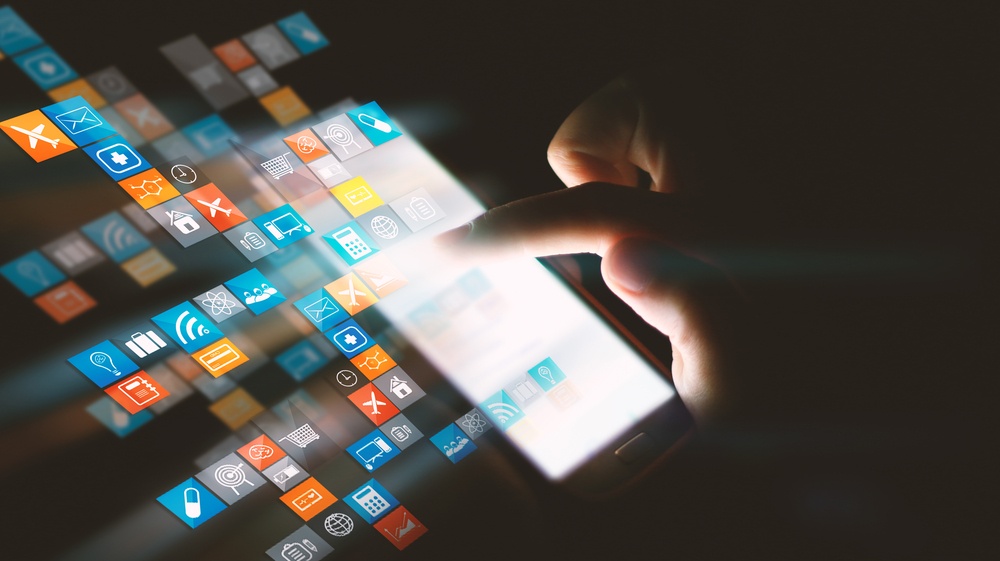In a previous posts we've looked at what the Internet of Things (IoT) is and how it works. With more and more devices now including sensors, a smidgen of intelligence and the ability to communicate with the rest of the world, there's no doubt the Internet of Things (IoT) will change the way we live, work and run our businesses. Futurologists are getting excited about smart homes, smart cities and "smart health", through wearables like fitness trackers, but here are 4 practical use cases for IoT that can have a positive impact on your business right now.
- Become more agile and responsive. When you have access to more data about what's going on right now – and the ability to analyse it in real-time – you can make better decisions more quickly. In the utilities sector, electricity firms are using data from IoT sensors on customers' smart meters, along with data from weather stations and sensors on generating equipment, to predict demand in real-time and automate bringing capacity online as needed, while at the same time minimising outages.
- Improve quality control. With sensors on your production line, you can automatically flag up faulty products and pull them aside. Food manufacturers, for instance, are using cameras to automatically identify products that are safe to eat but aren't visually appealing: discoloured if otherwise safe potato cubes in baby food, or hand-finished pizza or cake toppings that are lopsided (or missing entirely).
- Reduce operating costs. IoT data can help you compare the conditions under which you're operating – temperature, humidity or speed on a production line, for example – to identify how those factors affect throughput, waste and downtime. A logistics company, for example, was able to save millions of pounds in vehicle parts each year and minimise the rate of costly breakdowns by using IoT data on how its trucks were being driven to create custom service schedules for each truck. Another approach that can be applied to any building is to use IoT data to run your HVAC systems more efficiently: Google achieved a 40% reduction in energy costs in its data centres by intelligently controlling its air conditioning systems in response to data gathered by sensors in its server rooms.
- Deliver better customer service. If you understand more about where products are, how they're performing and how they're being used, you can create new ways of delighting your customers. Logistics firms who use IoT to track parcels in real time and combine that with third-party IoT data on traffic and weather can give customers exact estimates, down to the minute, of when their parcels will arrive. They can even let customers follow the progress of the delivery van on a map. Meanwhile, their suppliers – vehicles and parts manufacturers – can offer customised maintenance schedules for vehicles based on IoT data that tracks exactly how each vehicle is being driven.
If you'd like to explore how IoT can help your business to become more agile or efficient, improve quality, or deliver better customer service, then come and talk to the IoT experts in our GCP team.
